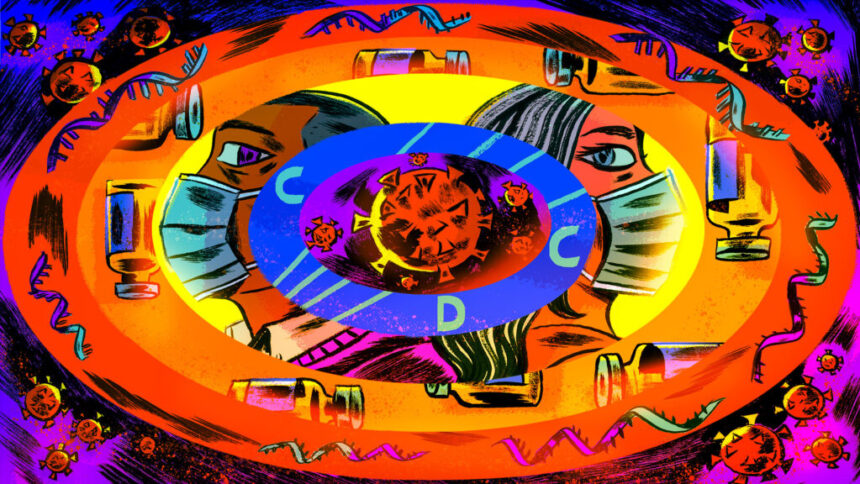Five years ago this week, the world was introduced to a mysterious disease spreading in Wuhan, China. Fast forward to today, and we find ourselves reflecting on the impact of Covid-19 on our lives and the global landscape. Despite the passage of time, it seems that we have not learned enough from this experience.
In the aftermath of the Covid-19 pandemic, there has been a noticeable decline in public trust in public health institutions. The CDC, once revered as a global leader in public health, faced criticism for missteps in the early days of the pandemic. From faulty tests to shifting guidance on masks, the agency’s credibility took a hit. The lack of clear communication and course corrections only served to further erode public trust.
The rapid development of mRNA vaccines was a game-changer in the fight against Covid-19. These vaccines, produced by companies like Pfizer and Moderna, were a testament to scientific innovation and collaboration. However, despite their proven efficacy, there remains a significant level of distrust and hesitancy towards mRNA vaccines. Misinformation and political divides have fueled skepticism, posing a challenge for future vaccine deployment efforts.
Mitigation measures, such as school closures and mask mandates, proved effective in slowing the spread of Covid-19. However, the politicization of public health interventions and the removal of these tools from the public health toolbox could hinder our ability to respond effectively to future pandemics. Mixed public attitudes and partisan divisions further complicate the prospect of implementing these measures in a crisis.
As we look ahead to the next pandemic, it is clear that we need to learn from the lessons of Covid-19. While each pandemic presents its own challenges, the experiences of the past can guide us in preparing for future outbreaks. By addressing issues of public trust, vaccine hesitancy, and the deployment of mitigation measures, we can better equip ourselves to navigate the uncertainties of the next pandemic.








